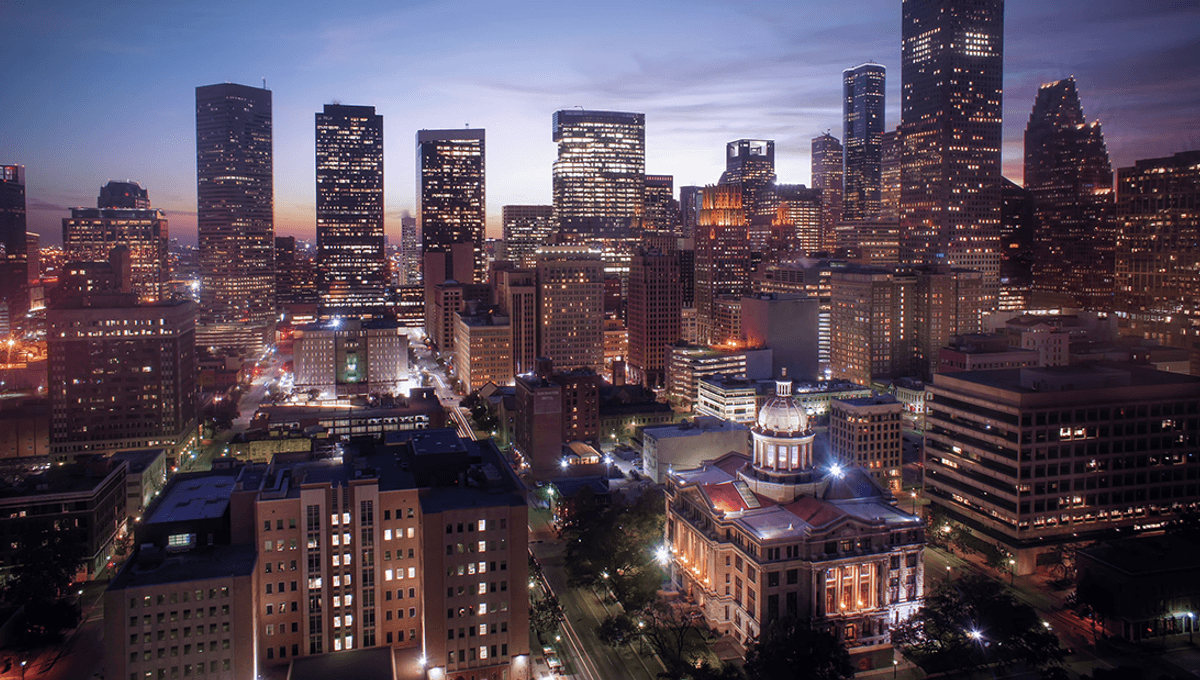
Earlier this year, a study using satellite data found that New York City is sinking at the relatively fast rate of 1-2 millimeters per year across the city, with some urban areas sinking much faster than others.
According to the team, one contributing factor is the sheer weight of the city’s high-rise buildings. While concerning, it is far from the fastest-sinking city in the world.
Cities sink for multiple reasons, from the weight of the buildings to over-pumping of groundwater. In 2022, one team measured the subsidence rates of 99 coastal cities in danger of flooding as they sink, using satellite data collected between 2015 and 2020. They found that in most cities, part of the land is subsiding faster than sea levels are rising, meaning that these cities could be at risk of flooding sooner than models had previously predicted.
“The most rapid subsidence is occurring in South, Southeast, and East Asia. However, rapid subsidence is also happening in North America, Europe, Africa, and Australia,” the team wrote in their study. “Human activity – primarily groundwater extraction – is likely the main cause of this subsidence.”
Tianjin, China, was found to be sinking the most at 5.22 centimeters (2.06 inches) per year, followed by Semarang, Indonesia at 3.96 centimeters (1.56 inches) per year, and Jakarta at 3.44 centimeters (1.35 inches) per year. The only US city to appear in the top 10 was Houston, sinking at a rate of 1.95 centimeters (0.77 inches) per year.
However, the city undoubtedly sinking the fastest is Mexico City, Mexico. A study in 2021 showed that the city has been sinking at a fairly constant rate of 50 centimeters (19.69 inches) per year since 1950. The subsidence is not the result of groundwater pumping, but because of compaction of the clay-rich lake bed on which Mexico City was built.
“As of 2020, on average the upper aquitard is 17% compacted and we estimate that under the current conditions it may take ∼150 years to reach full compaction, which will lead to additional subsidence up to 30 [meters],” the team wrote in their paper, adding, “Even if water levels were to be raised, there is no hope for recovering the great majority of the lost elevation and the lost storage capacity of the aquitard.”
Source Link: These Are The Cities That Are Sinking The Fastest